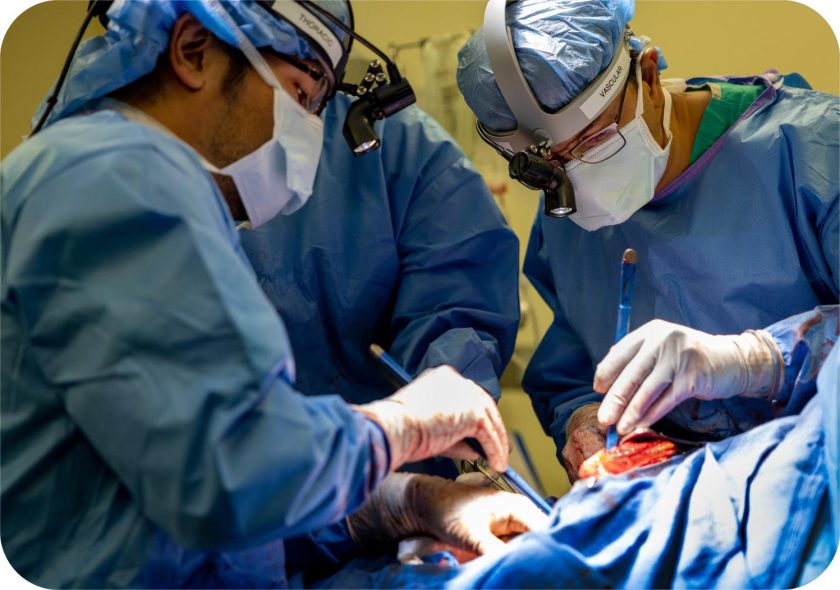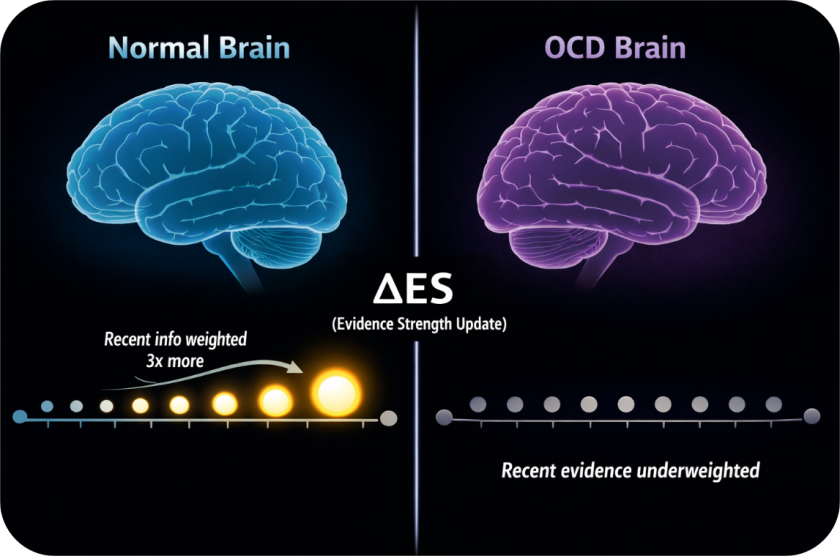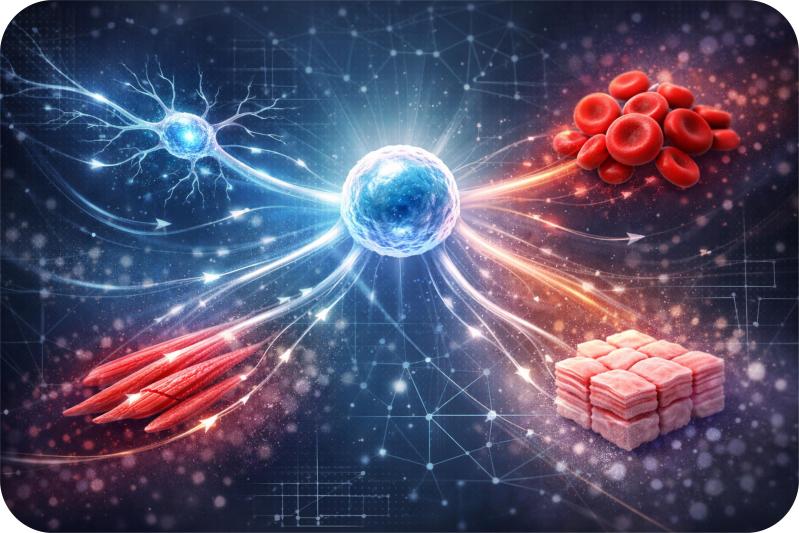Researchers have always wanted to know the process by which bacteria become drug or vaccine resistant over the time. They have now an answer to this mystery. To get genetic material that could make bacteria drug resistant, bacteria use recombination method, which is in other words a substitute for sex.
In the absence of sex, bacteria combine their genetic material with the DNA that they pull from the cells of dead bacteria and incorporate these DNA in their genome.
As per the findings from the study, researchers from Imperial College of London say that the recombination process is extremely complicated than previously believed as. One of the researchers, Rafal Mostowy, explains that the pulling of new DNA during the recombination process helps bacteria to develop resistance to antibiotics. This gene received from another bacterial cell, alter the surface structure and therefore, the bacteria often evade vaccines.
The new insight in the recombination process using DNA sequencing has provided researchers with information on how frequent the process takes place and how important changes occurs making disease causing bacteria to evolve, drug resistance and evades vaccines.
Researchers for the study examined two lineages of the bacterium Streptococcus pneumoniae, also referred as pneumococcus and one of these bacterium was resistant to medicines. Pneumococcus causes diseases such as pneumonia,septicaemia and meningitis.
Bacteria strains pooled over 36 years of time span, using DNA sequences, helped researchers to frame an evolutionary tree for two selected lineages, depicting when new DNA have been incorporated and how this made the bacteria to evolve. Till now, recombination was considered to be a uniform process, but the study revealed bacteria uses tow different variety of recombination- micro and macro. Researchers believe that macro recombination makes the bacteria to evolve drug resistance.
During micro-recombination process, which is also more frequent, bacteria assimilate DNA in small amounts that typically do not make a major change in their genome. On the other hand, during rarely occurring macro-recombination process, bacteria assimilate large amounts of genetic material, which significantly alter the genome. The researchers also discovered bacteria underwent the recombination process more recurrent in the evolution of more drug resistant lineage and less occasionally in less drug resistant lineage.
Researchers can monitor the emergence of new mutant varieties of bacteria, using DNA sequencing. May be in the future, we may be able to develop effective treatment by monitoring the changes that these bacteria undergo with time.
Source: Imperial College London
Image: onecaribbeanradio, microbiologyonline





